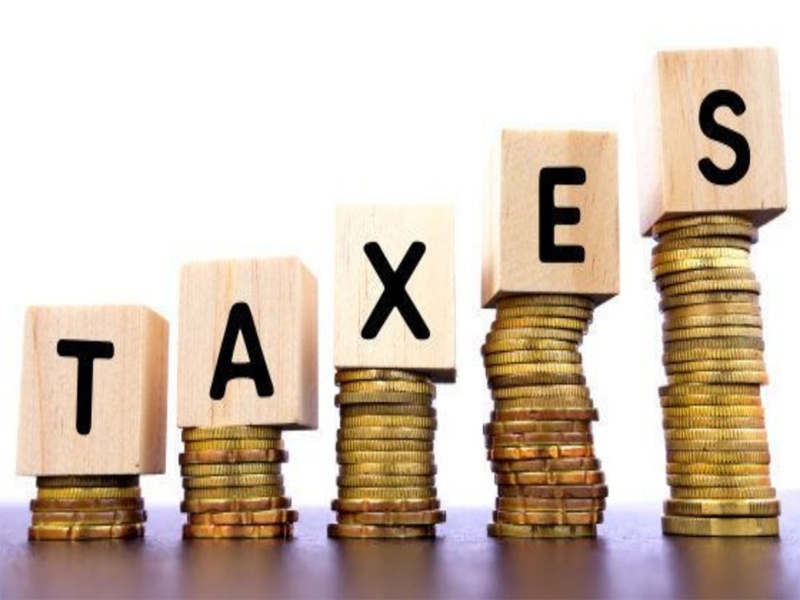 WASHINGTON: A proposal to levy a tax on the unrealized capital gains of the richest Americans is the latest proposal to raise revenue for President Joe Biden's social spending plan - AFP
WASHINGTON: A proposal to levy a tax on the unrealized capital gains of the richest Americans is the latest proposal to raise revenue for President Joe Biden's social spending plan - AFP
WASHINGTON: US President Joe Biden's Democratic allies are considering imposing a tax on the wealthiest Americans, a longstanding goal of the political left that could finally be enacted to pay for a massive social spending plan. Democratic senators are expected to soon detail the proposal that would allow Washington to reap revenue from the increase in value of stocks, property and other assets of the wealthiest Americans, which generally is not taxed unless it is sold.
The idea comes as Democrats in Congress scramble to find an agreement on a social spending bill worth just under $2 trillion that party moderates have thus far refused to pass, worried about its deleterious economic effects. "I wouldn't call that a wealth tax, but it would help get at capital gains which are an extraordinary large part of the income of the wealthiest individuals and right now escape taxation until they're realized," Treasury Secretary Janet Yellen said Sunday on CNN.
However Democratic House Speaker Nancy Pelosi conceded to the same network that the plan could generate only around $200 billion in revenue over a decade, far from the total price tag of the spending bill, meaning the party will still have to look for other ways to pay for it. The social spending plan is one of two bills Biden has proposed that have become planks of his presidency, the other being an infrastructure proposal worth around $1.2 trillion. While he was successful in getting a massive pandemic rescue package enacted in March, these two proposals have been mired in feuding over their cost.
Political heat
Last month, the House Ways and Means Committee proposed increasing taxes on the top earners and most profitable businesses, but those ideas have withered under objections from moderate Democrats who worry they'd undermine the country's competitiveness. Senior Policy Director for the Committee for a Responsible Federal Budget Marc Goldwein said taxing unrealized capital gains has likely emerged now because it's less controversial than other ideas for reaping revenue.
"This proposal has had the advantage of not being out there to get hit over and over like some of the other proposals," he said. "It touches on an issue that I think has been an increasing concern for people, which is the rising wealth of billionaires." On the campaign trail and in Congress, progressive Democrats have pointed the finger at extremely wealthy Americans like Amazon founder Jeff Bezos or Tesla chief Elon Musk. Biden adopted the rhetoric throughout his spending push, arguing the rich need to pay their "fair share."
Beyond billionaires
Earlier this month, left-leaning groups Americans for Tax Fairness and Institute for Policy Studies calculated that billionaires saw their wealth rise 70 percent during the pandemic. But the proposal, like many floated in recent weeks, faces a tough road to enactment in a Congress where the large Republican majority won't support the social spending bill and the Democrats remain riven with differences. Taxation is among the most controversial topics in the United States, and the conservative National Taxpayers Union has warned that levies aimed at the unrealized wealth of billionaires could eventually be applied to all Americans, and may be unconstitutional.
"There are ways to soak the rich that, while bad policy, don't raise constitutional issues," Joe Bishop-Henchman, the group's vice president of policy, said in a statement. "They may try to just apply it to billionaires, but once the precedent is set that taxing unrealized gains is fair game, that removes the constitutional barrier to taxes on home value gain and" retirement accounts, Bishop-Henchman said. - AFP




